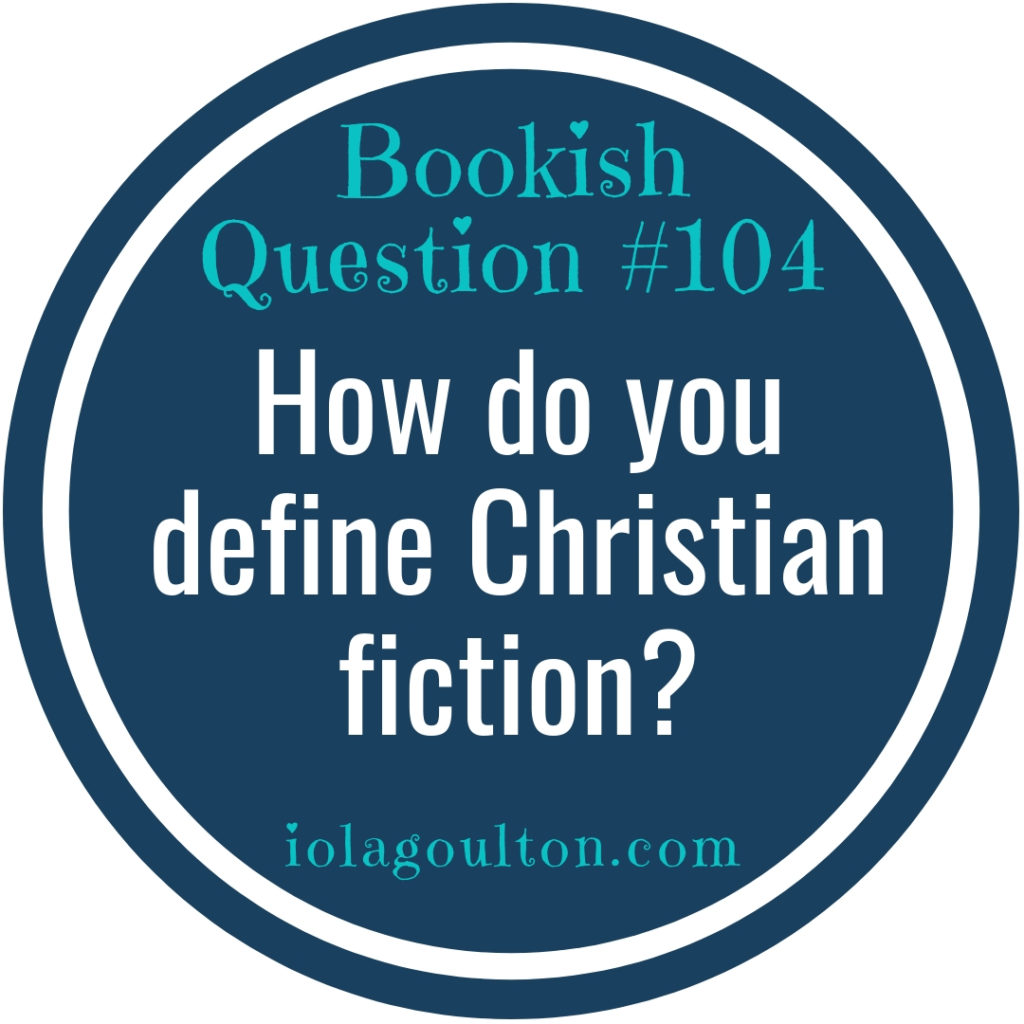I’ve actually written several longish blog posts on this. Rather than rehashing my entire train of thought, I’ll give you the highlights and link to my previous posts.
Fiction written by a Christian author may or may not be Christian fiction.
Christian authors may write for the general market, or for the Christian market. I don’t think you can classify fiction written for the general market as “Christian fiction” even if it’s written by a Christian and has underlying Christian values. That’s not what the market wants. Also, lots of books have underlying Christian values—even Star Wars. That doesn’t make Star Wars Christian fiction.
I’m sceptical of any “Christian fiction” that isn’t written by a Christian.
That, to me, is someone trying to cash in on a market segment, and I don’t think it’s honest. Yes, Christians can write general market fiction with underlying Christian values—that’s us being in the world but not of the world. But I don’t think non-Christians should be writing Christian fiction any more than I think Christians should be writing general market LGBTQIA erotica, or Islamic romance. It’s disrespectful and dishonest.
So I think Christian fiction is written by a Christian, and aimed at Christian readers.
It will reflect and reinforce mainstream Christian values and beliefs (e.g. the Apostle’s Creed). It won’t divide readers over doctrinal differences. And the content will be consistent with the Bible—it won’t gloss over sin, but it won’t be a how-to manual either. Great Christian fiction leaves the reader feeling they’ve learned an eternal truth about God or how we can know Him better.
How do you define Christian fiction? By the author? The publisher? The intended reader? The content? #BookishQuestion #ChristianFiction Share on X
